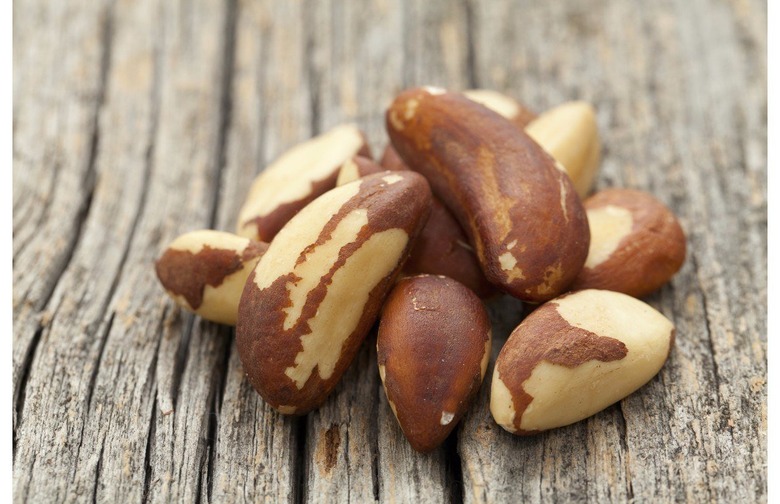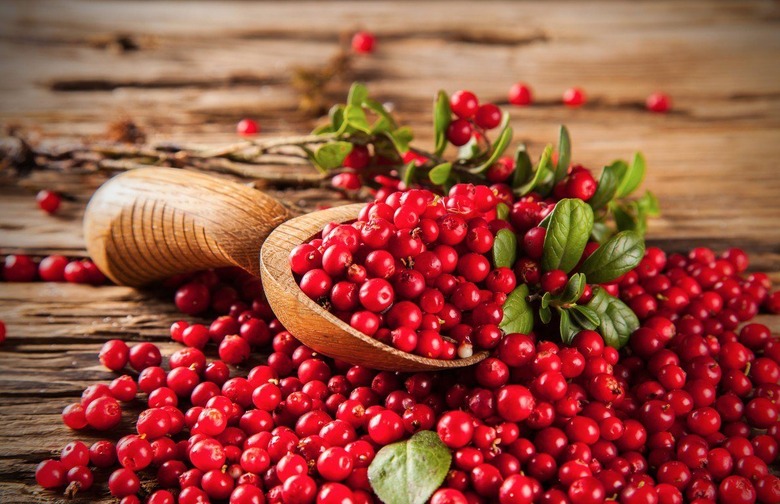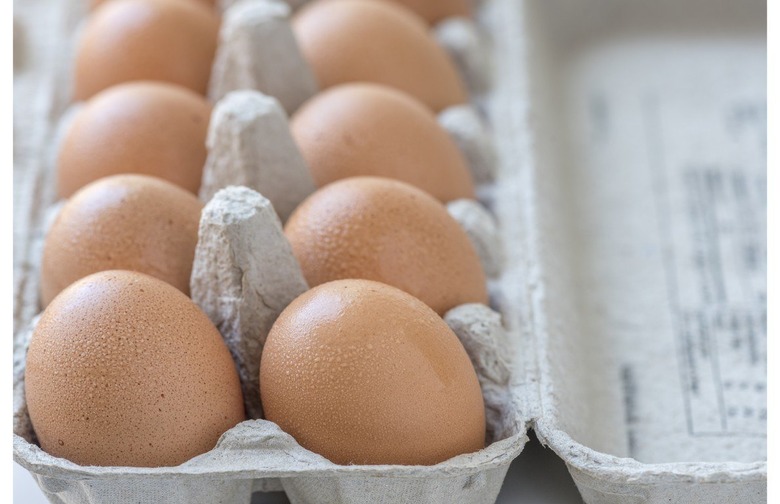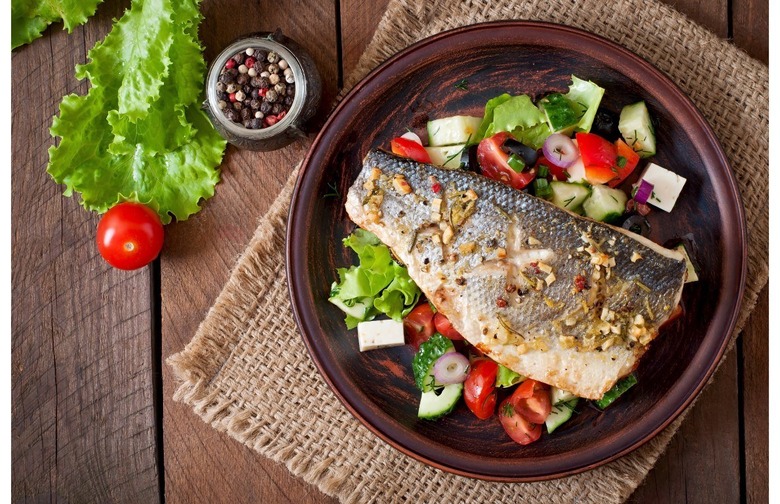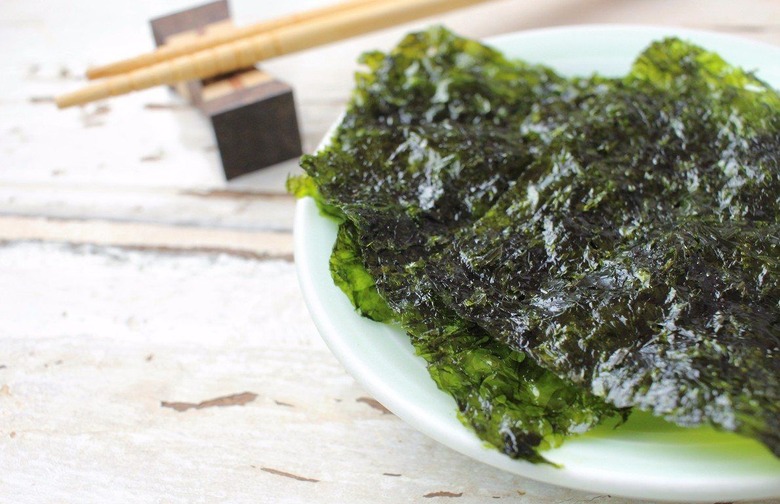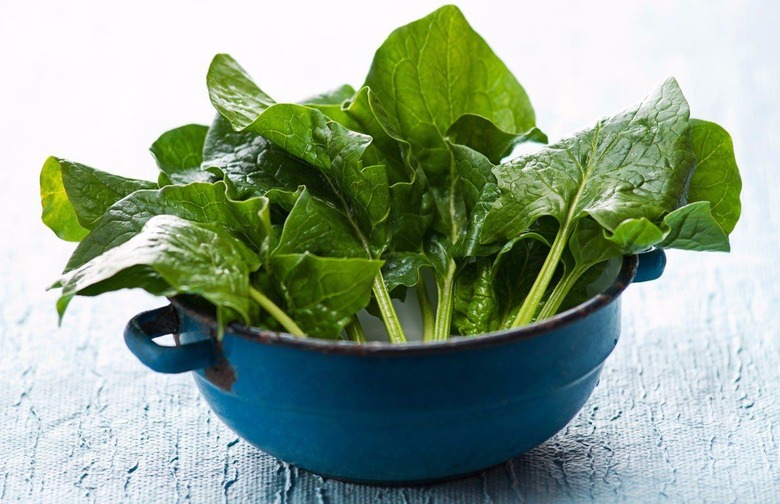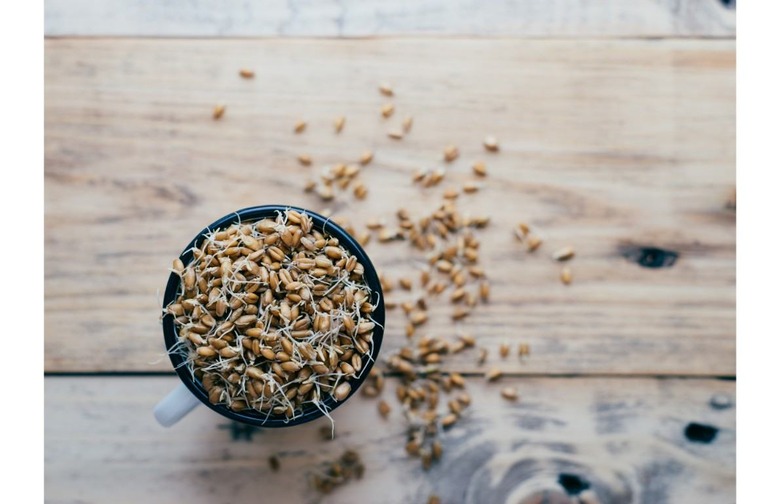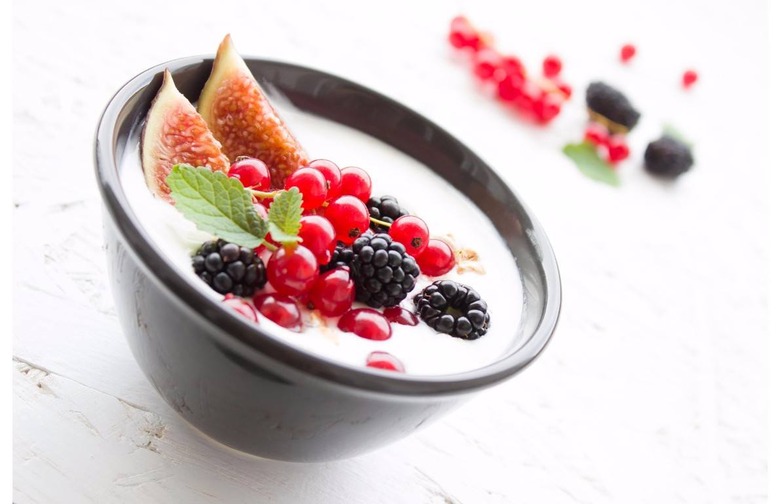8 Things To Eat For A Healthy Thyroid Slideshow
Though they are usually the cast-offs of a bag of mixed nuts, Brazil nuts are incredible sources of selenium. This mineral is critical to thyroid health because it is linked to an enzyme that converts inactive thyroid hormones into their active form. Thyroid hormones frozen in an inactive state contribute to the development of hypothyroidism.
Cranberries
The tart berries are associated with canned sauce and sugary fruit juice, but cranberries are surprisingly rich sources of iron. Four ounces of cranberries contain approximately 400 micrograms of iodine, which provides your body with more than enough of the nutrient. Try adding a sprinkling of cranberries to oatmeal or yogurt to get the benefits.
Eggs
Whether they're hard-boiled, fried, over easy, or scrambled; one large egg covers 16 percent of the iodine and 20 percent of the selenium you need for the day. And, please, eat the whole egg; the yolk houses most of the important nutrients.
Click here for 14 easy, indulgent, and surprisingly healthy egg recipes.
Fish
The omega-3 fatty acids found in salmon, trout, mackerel, and tuna help lower the risk of heart disease, which can be caused by hypothyroidism. Fish and other seafood are also generally high in iodine and selenium, making them the perfect foods for fostering thyroid health and overall wellness.
Seaweed
The recommended daily allowance for iodine is 150 micrograms, but some doctors believe this number is actually too low and that we should be incorporating more iodine into our diets. Iodine is essential for thyroid function because it's one of the two building blocks for thyroid hormones. One sheet of dried seaweed, also called nori, contains 70 percent of your recommended daily allowance of iodine.
Spinach
With a nutrient profile that reads like that of a multivitamin, spinach should be included to some degree in all diets. One cup of cooked spinach has 36 percent of the recommended daily allowance of iron, but it also contains a considerable amount of zinc and a small amount of selenium.
Click here to see why you should stop taking expensive vitamins, and which foods to eat instead.
Wheat Germ
Wheat germ is the embryo of the wheat plant, but it's often removed during the flour-refining process. Cooking with wheat germ is a more affordable and convenient way to get your recommended daily allowance of zinc (rather than slurping down fresh oysters). Zinc is crucial to thyroid functioning because the mineral triggers receptors that gauge hormone levels, indicating when they are too high or too low.
Yogurt
Milking cows are given iodine supplements, so dairy products are rich sources of iodine. Yogurt, especially Greek yogurt, is rich in protein and probiotics; one serving offers up to 50 percent of your recommended daily allowance of iodine.
